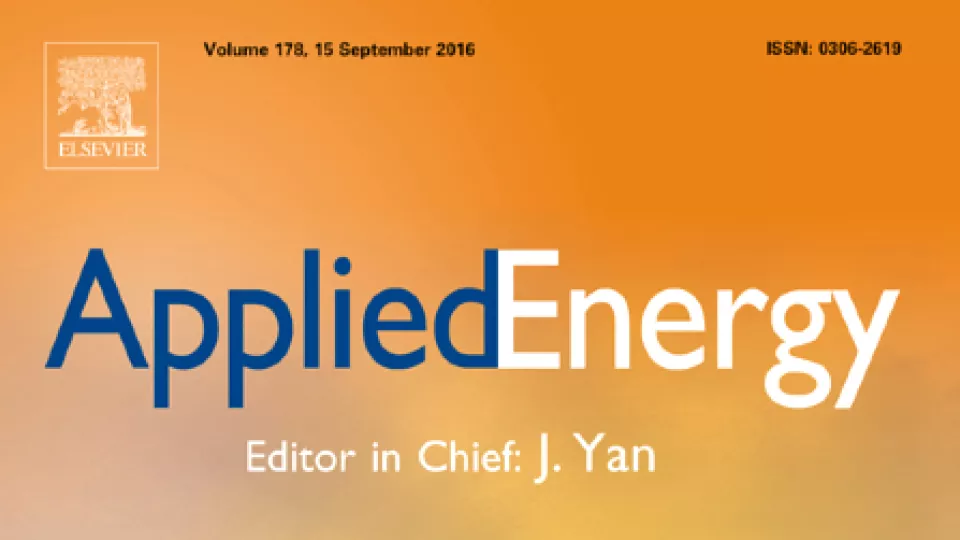Luis Mundaca together with alumna Sophie Schwer at the IIIEE and Henner Busch from LUCSUS recently published a research article titled ‘Successful’ low-carbon energy transitions at the community level? An energy justice perspective’ in the Journal of Applied Energy.
The researchers studied two cases, one in Samsø (Denmark) and one in Feldheim (Germany). Samsø is the world’s first 100% renewable energy-powered island, and has been labelled as one of the most inspiring examples of a sustainable energy community. Feldheim was the first energy self-sufficient settlement in Germany, with community-owned electricity and heating grids that are wholly supplied by local renewable energy. The village is portrayed as an energy transition model for small communities, and an example of the successful integration of a community energy system.
Research findings highlight that the perceived fairness of consultation processes, information sharing and decision-making procedures is pivotal to increasing the perceived legitimacy of transition outcomes. The authors of the study have been interviewed several times in the past days and research outcomes have received increasing media attention by multiple outlets, including for example Power Technology Digital Magazine, Science Newsline, Skånska Dagbladet, Elbils Nytt, Forskning.se, AZO CleanTech and Science Daily.
The article is an output from a research project on Energy Justice at the Pufendorf Institute for Advanced Studies.


